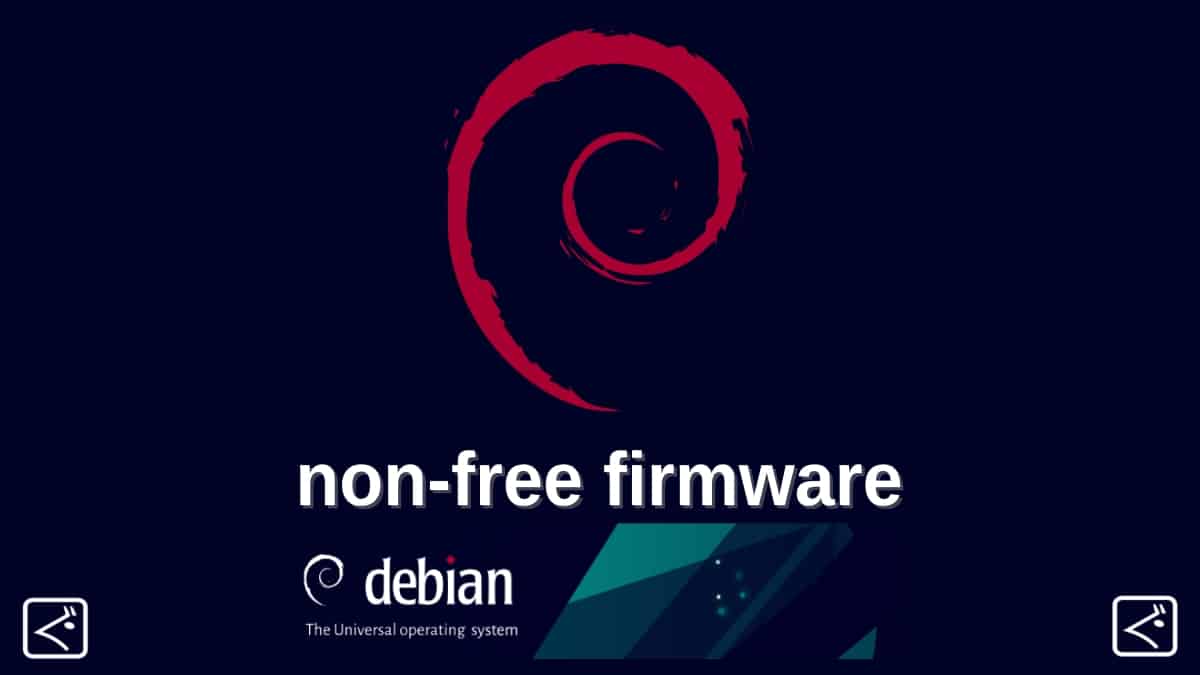
Debian will now come with non-free firmware in the installer
Just over a month ago, we informed you about the beginning of a general resolution vote (GR) inside the Debian project related to what “Debian wanted to include non-free firmware”. And that the same, would have a discussion phase with all points put to the vote up to September 2.
Well, this time has already passed, and the vote has taken place. And the project about providing non-free firmware (proprietary or proprietary) as part of the official installation images and live builds, has resulted in the following: LDebian Developers (+1000) they decided to include non-free firmware by default in the Debian installer.
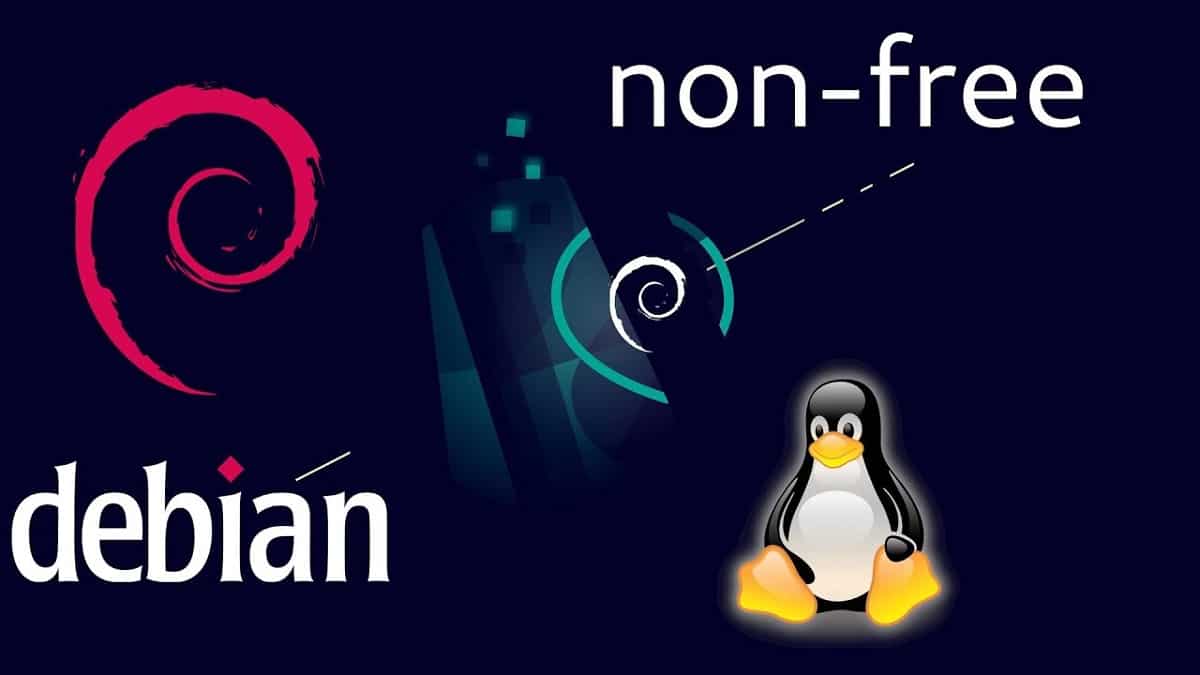
And, before starting this present publication on "Debian with non-free firmware", we recommend that at the end of reading it, explore other similar ones related to GNU / Linux:


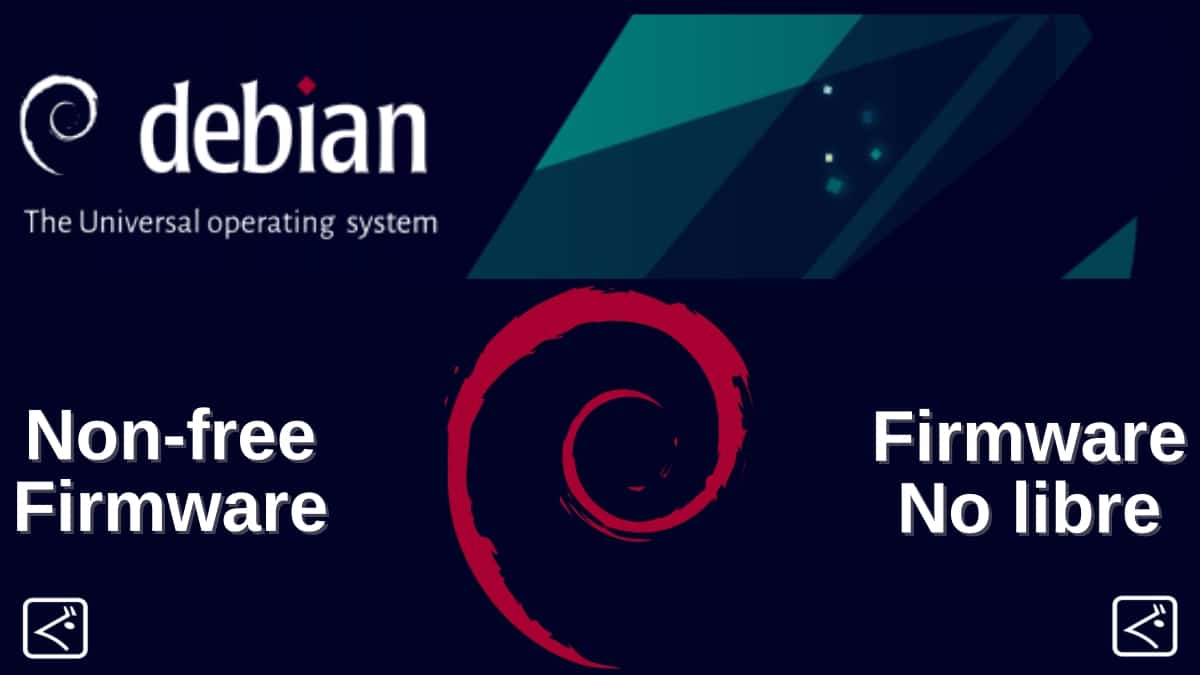
Debian will include non-free firmware
Already voted! Now Debian will come with non-free (proprietary) firmware
Certainly, many upon reading this news about this general resolution vote, on any website about Free Software, Open Source and GNU / Linux, they could come to think that it is news worthy of an April Fool's Day, or jokes or false news.
Since, the Debian project above many others, he is known to be one of the most attached to the goals and principles of this type of developmentFOSS). As a result, the thought is always held high that the debian developers They are usually very careful about what they include in their Debian GNU/Linux distribution.
But the truth is that times are changing, technologies are advancing very fast, and users are demanding more. Operating Systems, free and open, more compatible and functional with all kinds of software and hardware, existing and modern. For this reason, we usually see the enormous amount of Small and little known distros, who are looking to solve this, by including more compatibility and software of all kinds, including proprietary firmware, within their ISO images.
Therefore, it is logical to think that the debian developers, who should not be oblivious to this trend, have taken into account the community proposal. And consequently, to evolve and adapt to new realities, instead of stubbornly refusing to accept them, they chose the fifth option of the voted proposal.
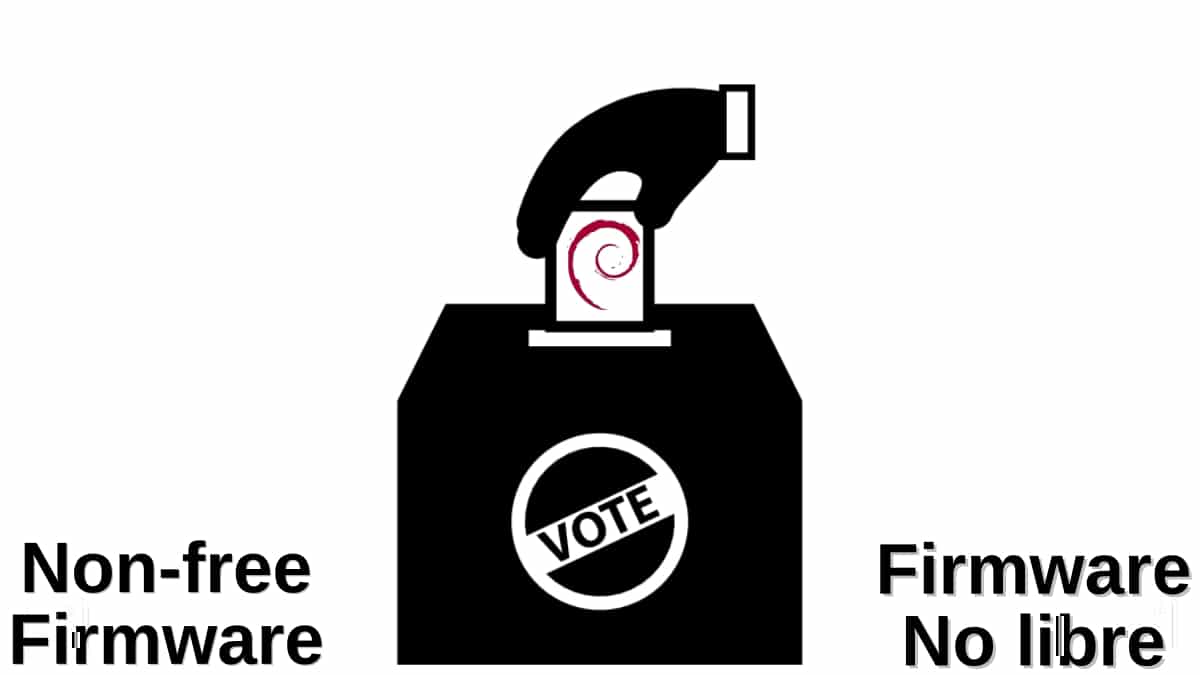
And what other options did the voting proposal include?
It is worth reminding those who were not aware of the options that were available in this motion for a general resolution vote on the use of non-free firmware in Debian, which in summary form, were the following:
- Option 1: Only an installer, including non-free firmware.
- Option 2: Recommend an installer that contains non-free firmware.
- Option 3: Allow display of non-free installers alongside the free one.
- Option 4: The non-free software installer is not part of Debian.
- Option 5: Change the Social Contract (CS) for non-free firmware in the installer, and keep a single installer.
- Option 6: Change the Social Contract (CS) for non-free firmware in the installer, and keep both installers.
- Option 7: None of the above.
About the winning proposal: Option 5
The marketing process includesseveral phases that are reflected below: vote has given as winner to 5 option. Which stated in detail the following:
- This voting option will imply replacing in the Debian Social Contract, point 4.1.5. Therefore, it must be replaced by a new version, identical to the current one in all aspects, except for the addition of the following sentence at the end of the aforementioned point:
"Official Debian media may include firmware that is not otherwise part of the Debian system to enable the use of Debian with hardware that requires such firmware."
- In addition, the Debian Project will commit that Debian GNU/Linux:
“Include non-free firmware packages from the “non-free-firmware” section of the Debian archive in its official media (installer images and live images). And that, the included firmware binaries will normally be enabled by default when the system determines they are needed, but whenever possible it will include ways for users to disable them at boot time (boot menu option, kernel command line, etc.). among others)".
- Finally, the approval of this proposal also implies the following:
- When the live system/installer is running, information should be provided to the user about what firmware has been loaded (both free and non-free), and that information should also be stored on the target system so that users can find it further. afternoon.
- In cases where non-free firmware is required, the target system will also be configured to use the default non-free firmware component in the apt sources.list file.
- Users should receive security updates and critical fixes from the firmware binaries, like any other installed software.
- The new images will be released as official Debian media, replacing the current media sets that do not include non-free firmware packages.
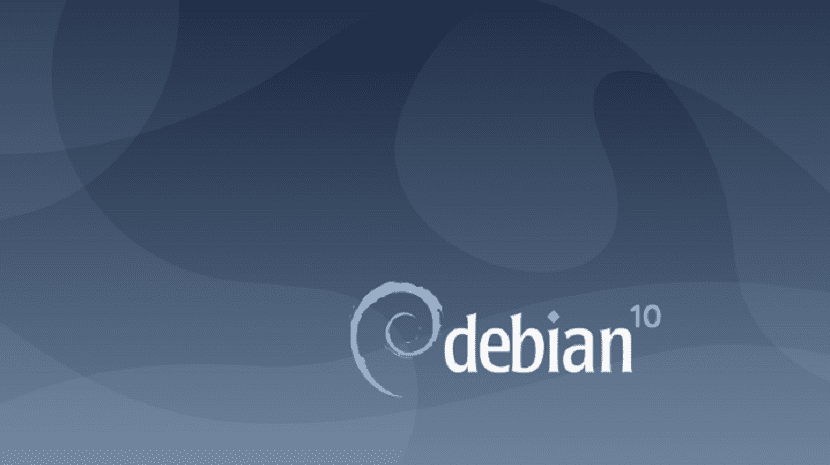
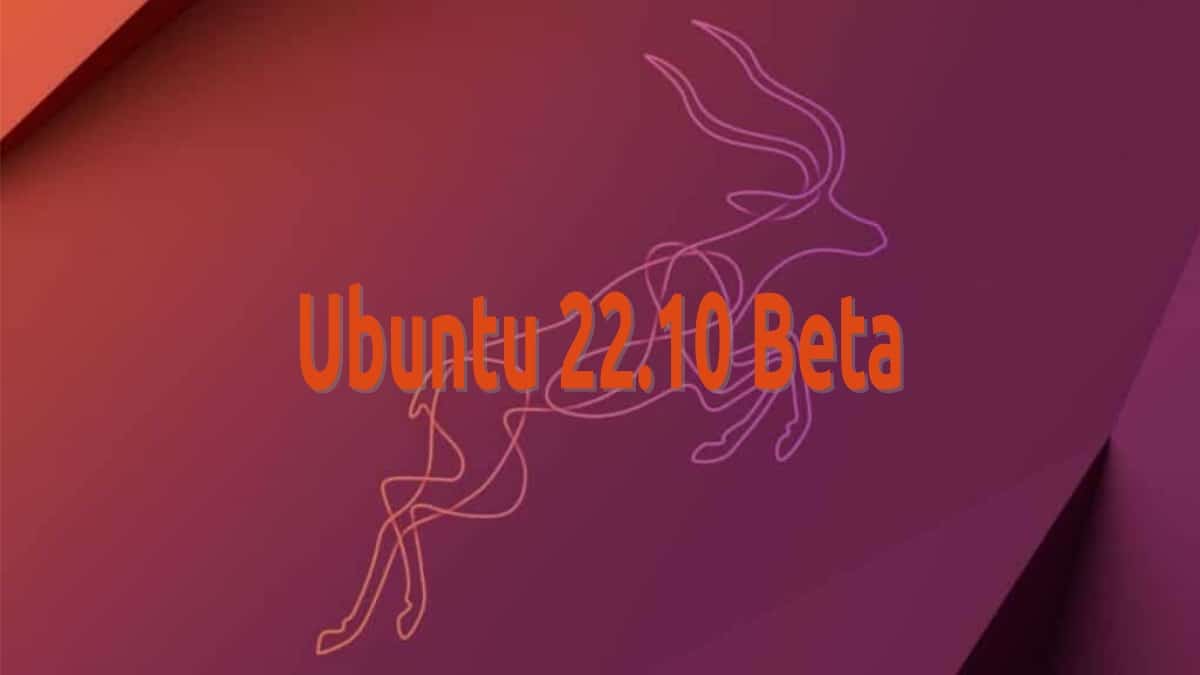

Summary
In short, and on a personal note, I think and feel that this is indeed un big change within the Debian ProjectBoth in form and substance. That is, it significantly affects or changes the vision and philosophy of distribution. Furthermore, I believe that the change will be positive and well received by many, above all by those of us who want real change, which means a greater possibility of use and adoption of the GNU/Linux Distros by new generations, on more diverse and modern hardware.
And if you liked this post, do not stop sharing it with others on your favorite websites, channels, groups or communities of social networks or messaging systems. Finally, visit our home page en «DesdeLinux» to explore more news, and join our official channel Telegram from DesdeLinux, West group for more information on today's topic.